
I don't even call it violence when it's in self defense; I call it intelligence
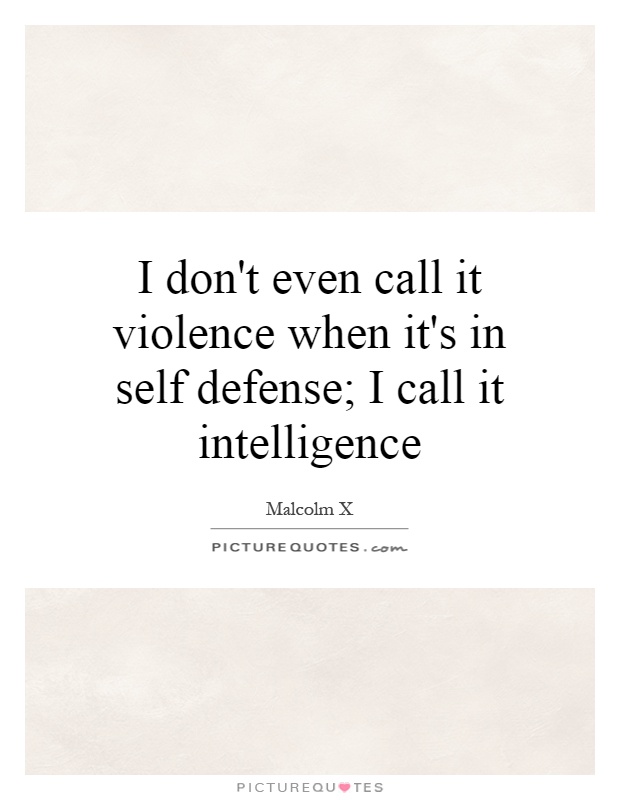
I don't even call it violence when it's in self defense; I call it intelligence
Malcolm X, born Malcolm Little, was a prominent figure in the civil rights movement in the United States during the 1960s. He was a passionate advocate for the rights of African Americans and a vocal critic of the systemic racism and oppression that they faced. Malcolm X was known for his fiery speeches and uncompromising stance on self-defense, which often included the use of violence as a means of protecting oneself and one's community.The quote, "I don't even call it violence when it's in self-defense; I call it intelligence," encapsulates Malcolm X's belief that African Americans had the right to defend themselves against the violence and discrimination they faced on a daily basis. In a society that systematically oppressed and marginalized them, Malcolm X argued that self-defense was not only justified but necessary for survival.
Malcolm X's views on self-defense were shaped by his own experiences growing up in a racist society. He witnessed firsthand the violence and discrimination that African Americans faced, and he understood the importance of standing up for oneself in the face of oppression. Malcolm X believed that passivity and nonviolence were not effective strategies for combating racism and that African Americans had the right to defend themselves by any means necessary.
Malcolm X's advocacy for self-defense was controversial and often misunderstood. Some critics accused him of promoting violence and inciting hatred, but Malcolm X saw self-defense as a form of empowerment and resistance against a system that sought to dehumanize and oppress African Americans. He believed that by standing up for themselves and fighting back against injustice, African Americans could reclaim their dignity and demand equal rights and treatment.
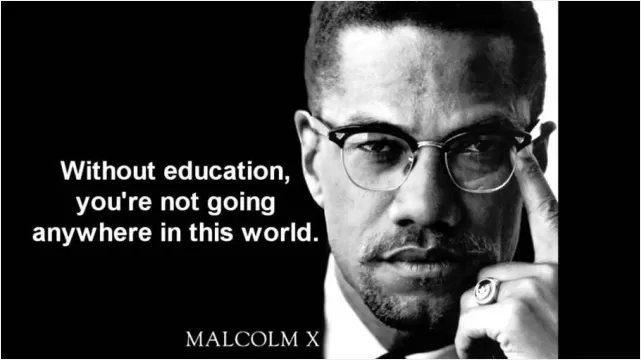
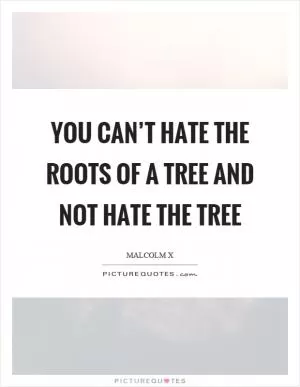


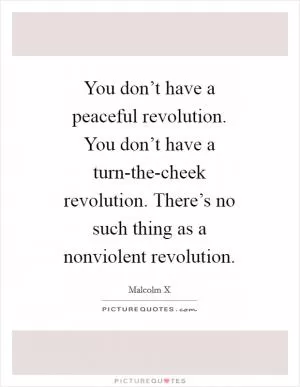
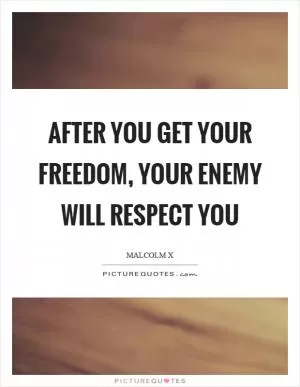
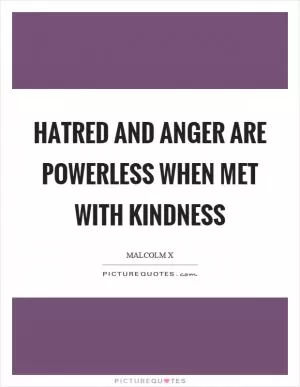

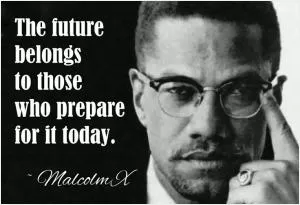
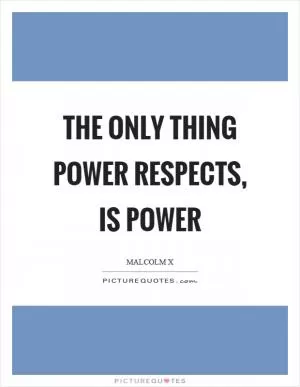


 Friendship Quotes
Friendship Quotes Love Quotes
Love Quotes Life Quotes
Life Quotes Funny Quotes
Funny Quotes Motivational Quotes
Motivational Quotes Inspirational Quotes
Inspirational Quotes